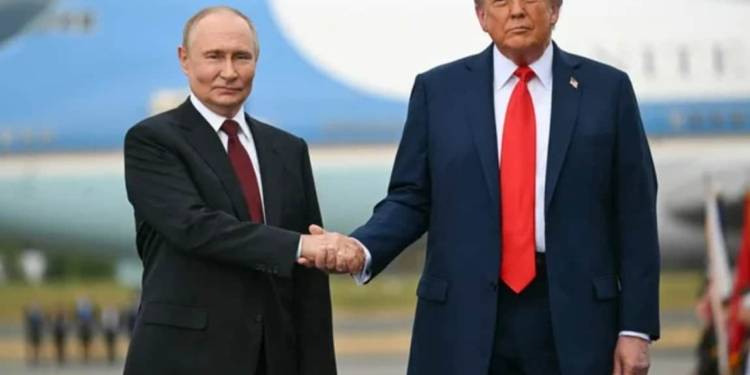The hypothesis of a meeting between Donald Trump and Vladimir Putin in Budapest is attracting keen attention on the international scene. According to recent statements, the American president expressed his intention to meet the head of the Kremlin in Hungary, at the invitation of Prime Minister Viktor Orbán, with the aim of discussing a possible diplomatic outcome to the war in Ukraine.
However, no official date has been set, and neither Moscow nor Washington have yet formally confirmed the organization of such a summit. This initiative, if it materializes, would take place in a delicate geopolitical context, while the conflict in Ukraine is bogged down and diplomatic efforts are rare.
Budapest, often perceived as a bridge between East and West due to Viktor Orbán’s unique position vis-à-vis Moscow, would thus become the scene of a meeting with high symbolic value. Some observers see this as an attempt by Donald Trump to reposition himself on the international scene, as a possible peacemaker?
But this perspective also raises questions. A Trump-Putin meeting outside traditional diplomatic circuits could be seen as a marginalization of international institutions, notably NATO and the European Union, already critical of Budapest’s posture vis-à-vis Moscow.
For now, the possible summit remains at the project stage. Between political calculations, personal ambitions and geostrategic issues, one thing is certain: the announcement of such a face-to-face meeting is enough to relaunch the debate on the future of peace negotiations in Ukraine.






